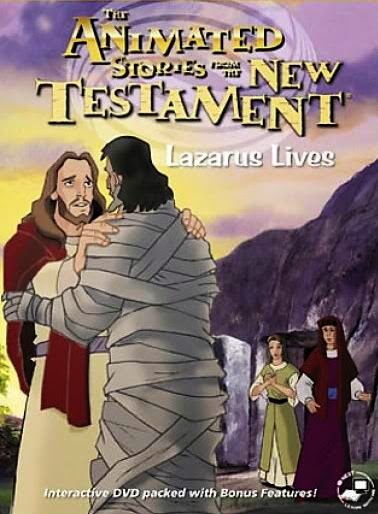


The Book of Mormon clarifies these and other precepts found in the Bible. Instead of acknowledging that Mormons understand these biblical precepts as Christ’s apostles understood them, other Christian sects accuse Mormons of “believing in another Christ,” or in preaching false doctrine. However, that knowledge has been lost to most Christian sects. There are many mentions in the New Testament of a continuing priesthood and groups of New Testament followers who held that priesthood (Aaronic and Melchizedek). A vision of the kingdoms of heaven found in the Doctrine and Covenants fully explains Paul’s reference in detail, so that there can be no misunderstanding that Paul was speaking of heaven and its levels. Paul also mentions Celestial, Terrestrial, and Telestial bodies. Other Christian churches ignore Paul’s comment, because their doctrines don’t deal with the concept. It takes revelation through prophets and research of ancient church practices to fill out his message. For instance, Paul talks about baptism for the dead in only one verse of the New Testament. In some cases there is only mere mention in the Bible of doctrines well-known in the ancient church. Some Christians ignore the Old Testament others see James, and other books which emphasize works, as having temporal rather than spiritual import. In truth, Mormons possibly accept more of the Bible than any other Bible-oriented faith. In the viewable page above, you’ll see an explanation of the meaning in Greek for one verse. Latter-day Saint scholars have gone back to the original texts. Mormon prophets and religious scholars have put forth much effort to understand the original intent and message of every Bible passage, even though sections are missing or have been added to through the centuries. Some people think that Mormons ignore or refute whole sections of the Bible, because we only believe in the Bible “as far as it is translated correctly.” This is also untrue. On this website, we’ll show you how that works by including lessons from the Bible and then telling you what the Book of Mormon has to say about them. The Book of Mormon: Another Testament of Jesus Christ is a separate book and validates and upholds the Bible.

Thus, two out of four years of scripture study are spent on the Bible.Īnother misconception is that Mormons have replaced the Bible with the Book of Mormon, which some friends of other faiths have nicknamed “the Mormon Bible.” This is also untrue. The Pearl of Great Price, another book of Mormon scripture, is brief and mostly covers the creation, so it’s read along with the Old Testament. There is a repeating four-year course of study - one year of Old Testament, one year of New Testament, one year of Book of Mormon study, and one year of Doctrine and Covenants/ Church History. Mormons spend three hours worshiping on Sundays, and one of those three hours (Sunday School) is devoted to studying the scriptures.

You can compare it with your own King James, and you can see how the verses are cross-referenced. Below left is a page from a King James Version bible published by the Church. There is also a Bible Dictionary, a Topical Guide, Maps, sometimes photographs (depending on the size and style of the Bible you purchase), a Gazetteer, and at the back, some of the scriptural verses that were re-translated by Joseph Smith (the first prophet of the Church). Nothing has been changed from the original.įootnotes and cross-references have been added, so that members can see the relationship of other church scriptures with what they are reading in the Bible. The Church has published a King James Version for the use of its members. In English-speaking countries, the King James Version is most often used. Mormons revere and study the Bible as the word of God revealed through His ancient prophets. We have created this website to help dispel the misconceptions about Mormons (members of The Church of Jesus Christ of Latter-day Saints) and their use of and regard for the Holy Bible.įirstly, some people erroneously think that Mormons don’t use the Bible at all.


 0 kommentar(er)
0 kommentar(er)
